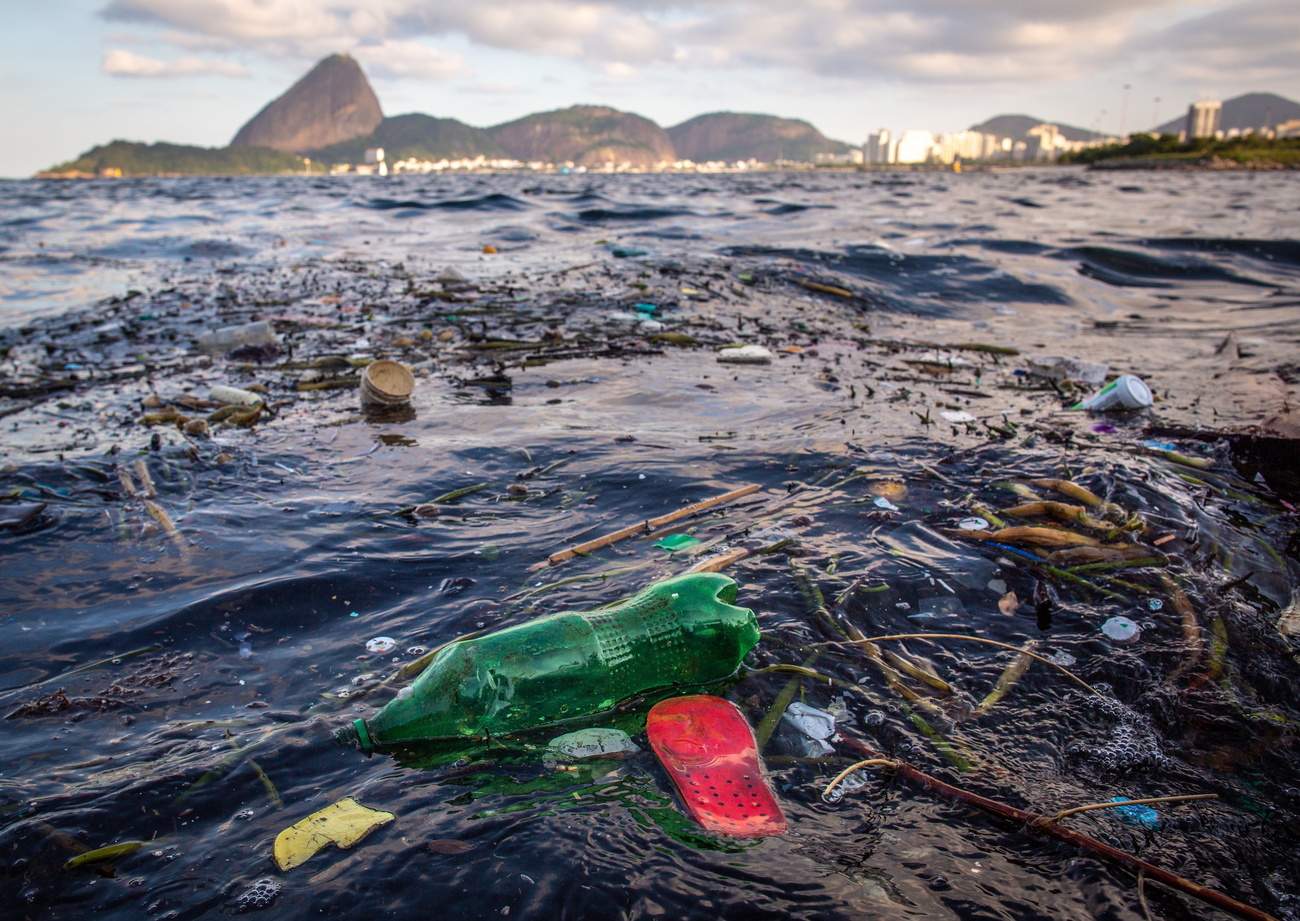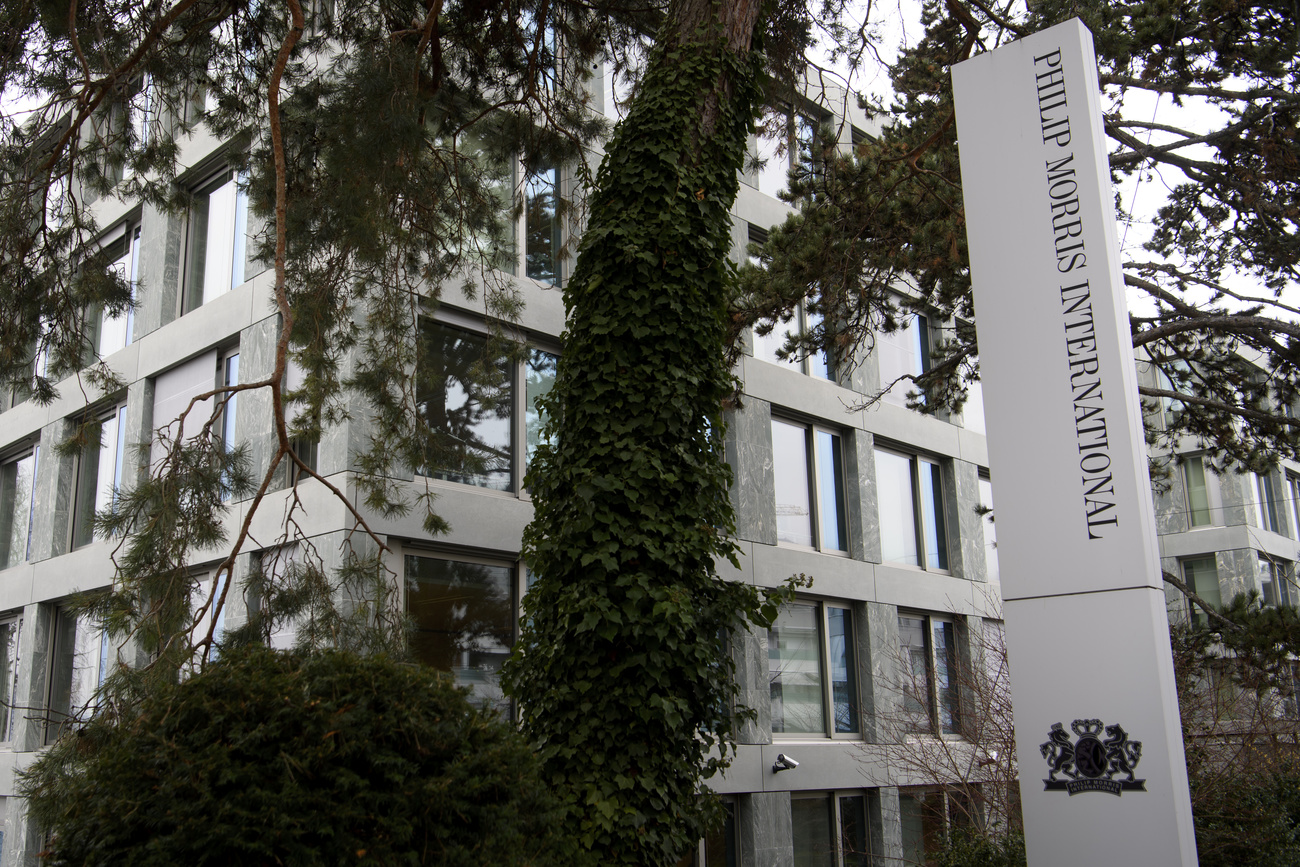
The imperfect science of ESG investing
More companies are jumping on the ESG bandwagon. But are investors just rewarding good intentions?
There’s a lot of buzz about sustainability in the investing world. Blackrock CEO Larry Fink’s annual letterExternal link to CEOs always triggers heated debate over whether we can have it all – make the world a better place and still make money. Put the terms “ESG” (environmental, social and governance) and “investing” into an internet search and nearly every major asset manager has a summary of why investing with more than just shareholders in mind is both morally and financially sound.
Pharmaceutical companies haven’t been able to tap the ESG investor rush as much as other industries with bigger environmental footprints such as the energy industry. But for years, public health advocates have been saying that a shareholder-first mentality in pharma creates problems. That mindset is the reason why not enough money was invested into infectious diseases like Covid-19. Cheap vaccines and diagnostics don’t offer the big margins. Companies focus on niche, high price medicines and treatments because that’s what shareholders want to see, or so it goes.

More
Can Novartis’s sustainability-linked bond make good on its promises?
When Novartis launched its EUR1.85 billion (CHF1.95 billion) bond tied to targets on access to medicine in 2020, public health advocates should have been thrilled then. The bond prioritises patients rather than profit margins. It creates incentives for the company to reach more patients with more medicine in the places where the company wouldn’t typically make the most money. This is what public health advocates have been calling for in Switzerland and around the globe.

More
ESG bonds and their use cases explained
But to make these incentives work, such bonds must reward more than good intentions. Unfortunately, little transparency and confusing metrics are blurring the lines between nice intentions and meaningful action, drawing more scrutiny and criticism from ESG sceptics. This isn’t a problem limited to hard-to-measure social areas like health. Both Novartis and Nestlé were called out a couple weeks ago for climate change targetsExternal link that lacked transparency and integrity.
As Swiss public television SRF reported, climate experts and investors are struggling to make sense of Nestlé’s climate targets because there just isn’t enough publicly available dataExternal link on the things that matter, specifically climate offsetting in their value chain.
What’s the answer? Are good intentions enough? What do you think of ESG investing and bonds, specifically? Let me know what you think. jessica.davis@swissinfo.ch
More
What else caught my eye?
Vast leak exposes Credit Suisse accounts held by dodgy politicians and criminals. The investigation, dubbed “Suisse Secrets” and published on Sunday, is said to have found dozens of problematic accounts amounting to over $8 billion (CHF7.36 billion) in assets. Compliance experts said many of the account holders shouldn’t have been able to bank at Credit Suisse at all. Credit Suisse denies the allegations and says many of the accounts have been closed.
The investigation also calls into question banking secrecy laws in Switzerland. Despite pledges to improve, the report finds Swiss banks are still allowing dodgy clients to stash their money.
Swiss journalists could not partake in the investigative project because exposing private banking data carries the risk of criminal proceedings in Switzerland.

More
Vast leak alleges Credit Suisse accounts held by corrupt officials and criminals
Glencore sets aside $1.5 billion to resolve bribery and corruption investigations in the UK, US and Brazil. This came as the company announced record earnings on the back of soaring commodities’ prices and said it would return $4 billion to shareholders. According to the Financial Times, the Zug-based commodity firm said it recognised historic cases of “misconduct” but that it was ready to close that chapter and move forward.
The mining giant also made headlines after its plans to expand one of the world’s largest zinc and lead mines in Australia were thrown into doubt. Bloomberg reported last week that the Northern Territory government halted the project arguing that Glencore didn’t adequately consult Aboriginal custodians over the protection of a sacred site.
Swiss chemicals company Clariant postponed publication of its annual figures after suspected irregularities. The announcement came just a few days before the expected publication, causing a response of an “explosive natureExternal link” wrote the FT. The company disclosed that the accounting irregularities were perpetrated by a specific group of employees in one or more emerging market offices, with collusion from one or more individuals in head office. The probe doesn’t appear to affect the bottom line, but the question swirling is whether the problem is systematic and hints at a larger corporate culture problem, writes the FT.

More
Switzerland grapples with challenge of greening its banks
Swiss vote to ban tobacco advertising and keep stamp duty on multinationals. In the aftermath of the February 13 nationwide vote, Swiss media outlets have been asking if big corporations have grown out of favour in the country. Despite their importance to the Swiss economy, they’ve become the punching bags of the countryExternal link, writes the NZZ. It’s become a popular tactic to shoot down big companies and frame the debate as a David versus Goliath. A piece in Le Temps noted that jobs and competitiveness are no longer enoughExternal link to win over voters. What’s driving all this though? Is it a growing division between Swiss society and what are seen as “foreign” multinationals? Is it prosperity itself and the belief that Switzerland can weather any crisis? Or has the Swiss public just become fed up with corporate scandals? There’s plenty of commentary out there.
Thanks for reading.

More
Why Switzerland has one of the world’s strongest tobacco lobbies

In compliance with the JTI standards
More: SWI swissinfo.ch certified by the Journalism Trust Initiative































You can find an overview of ongoing debates with our journalists here . Please join us!
If you want to start a conversation about a topic raised in this article or want to report factual errors, email us at english@swissinfo.ch.